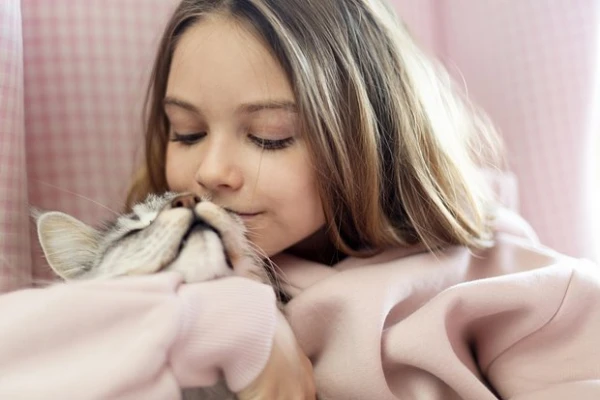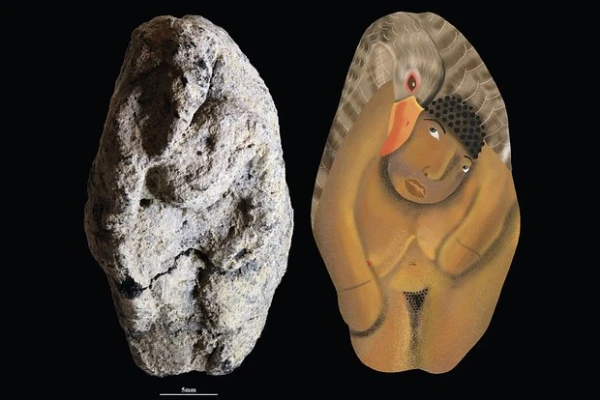
WJP: The presence of 'small' pets is associated with low levels of anxiety in children.
Pets that appear in a child's life at a very early age can have various effects on their emotional development. This was shown by a large Spanish study INMA, published in the World Journal of Pediatrics (WJP), where researchers traced the connection between the type of pet and the psychological state of nearly 1,900 children from infancy to eight years old.
The researchers assessed which animals lived in the household when the child was one year old and four to five years old, and compared this data with emotional and behavioral indicators at seven to eight years old. It turned out that the constant presence of 'small' pets—fish, turtles, hamsters, or other easy-to-care-for animals—was associated with lower levels of anxiety and internal distress in children. Such pets likely create a stable, calm environment in which the child develops empathy and a sense of responsibility, but without the extra stress associated with complex care.
Unexpectedly, it was found that having a cat only at the age of four to five years was accompanied by a slight increase in the risk of emotional and behavioral difficulties. The authors emphasize that this result should not be interpreted as a direct cause-and-effect relationship: the connection may be influenced by the characteristics of families deciding to get a cat, differences in care, experiences of losing a pet, or even the child's perception by their parents.
The researchers note that this work opens an important perspective on the role of animals in early development. To understand the mechanisms of influence and long-term effects, such studies need to be repeated with larger samples and across different age groups.












